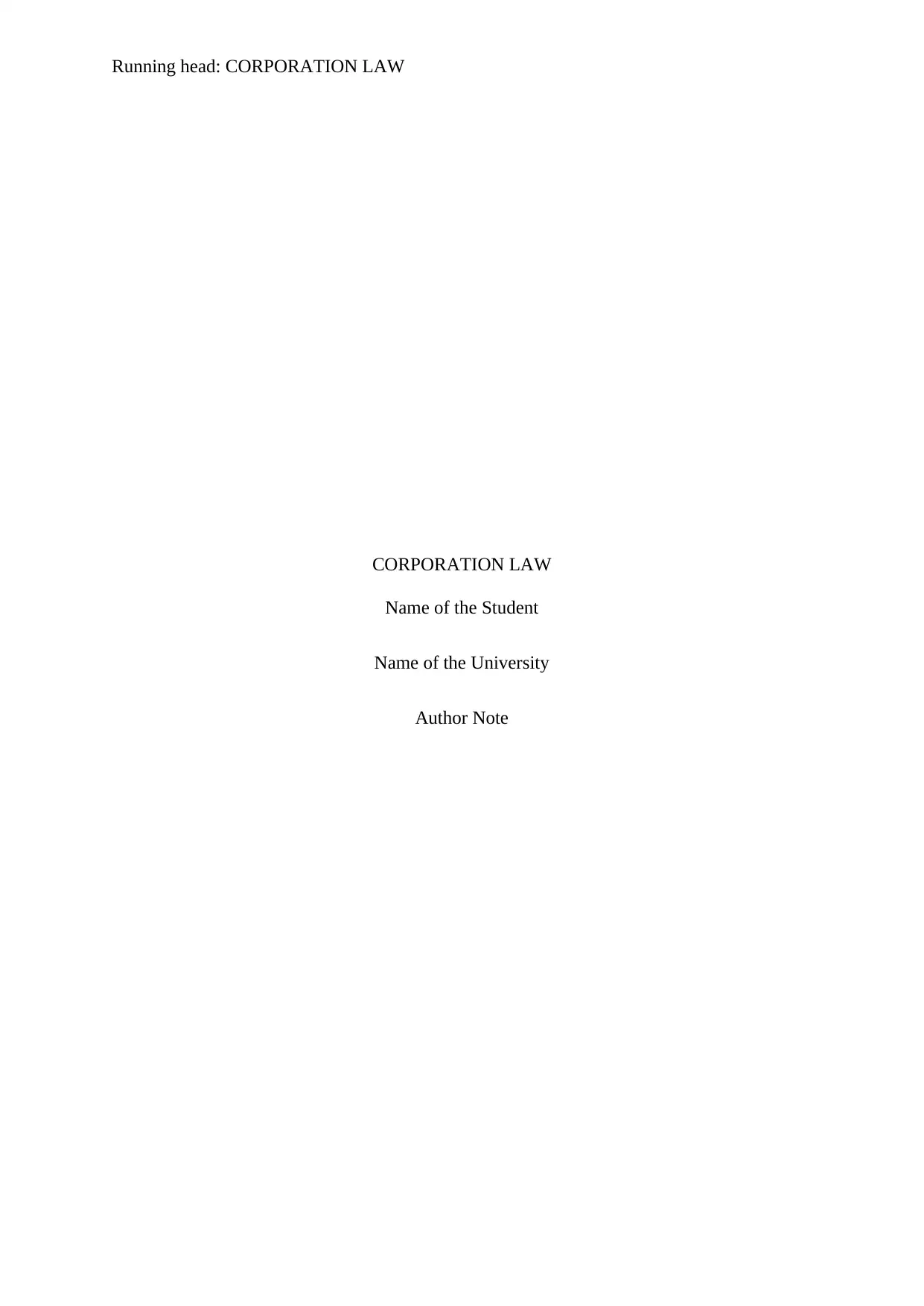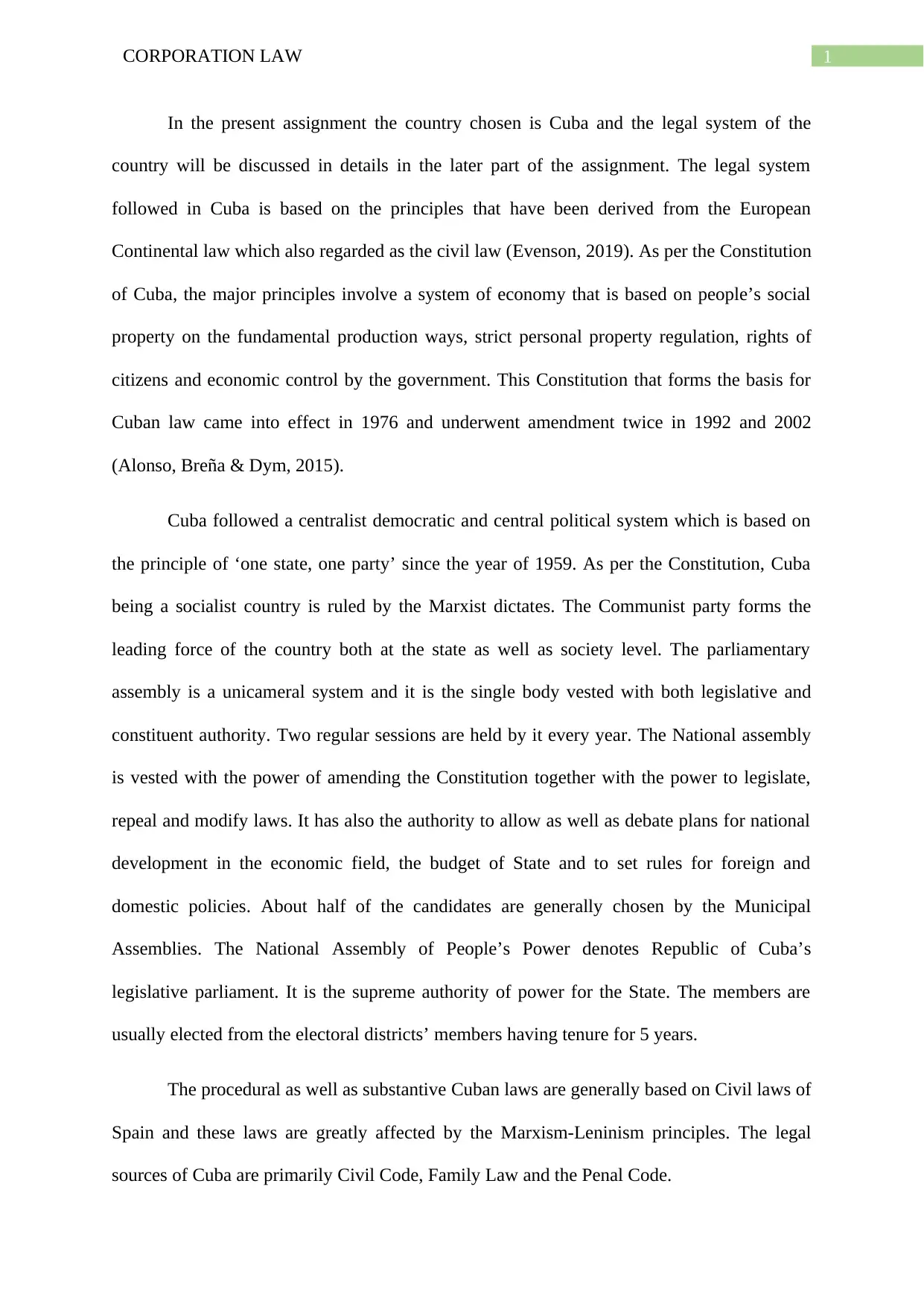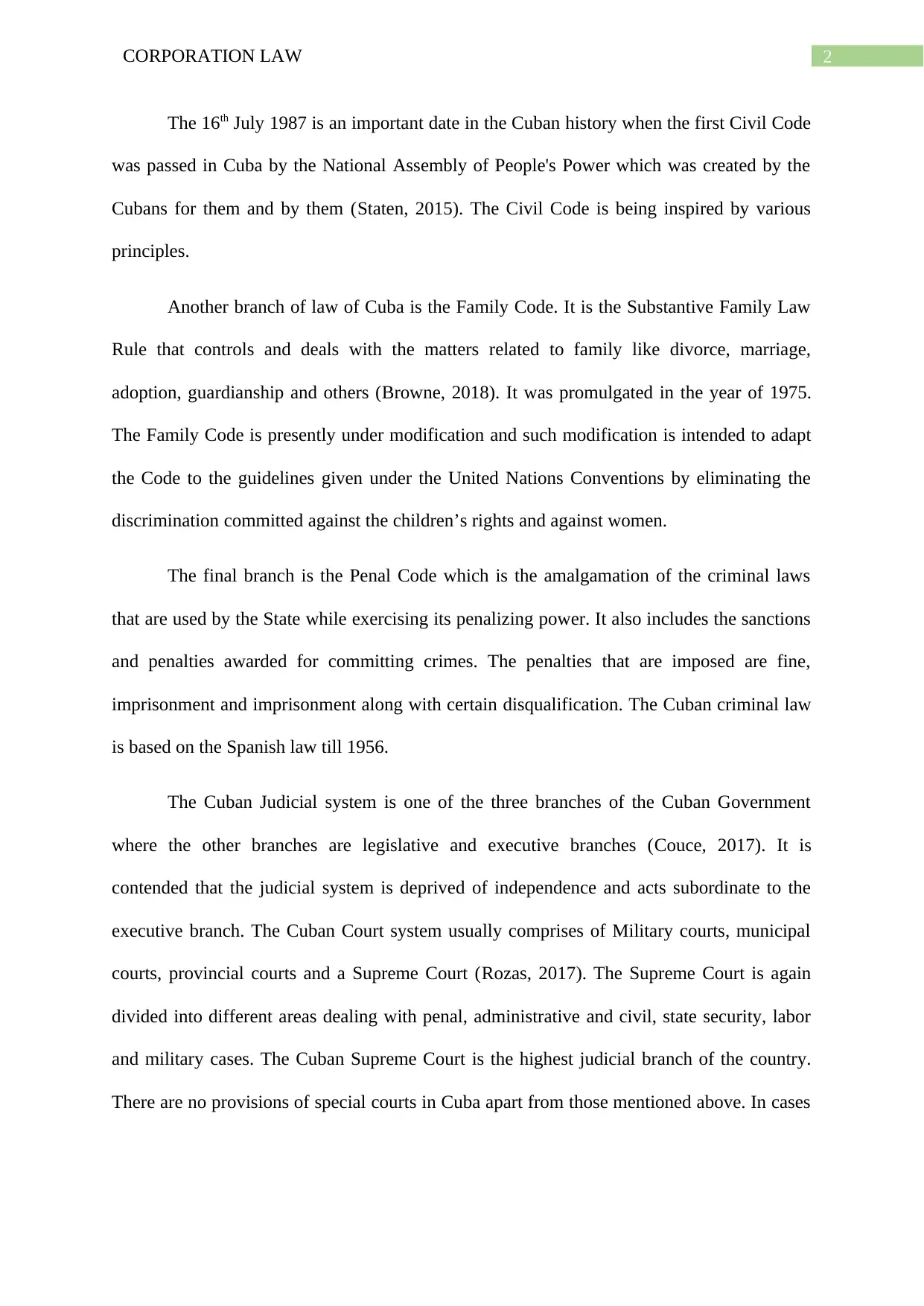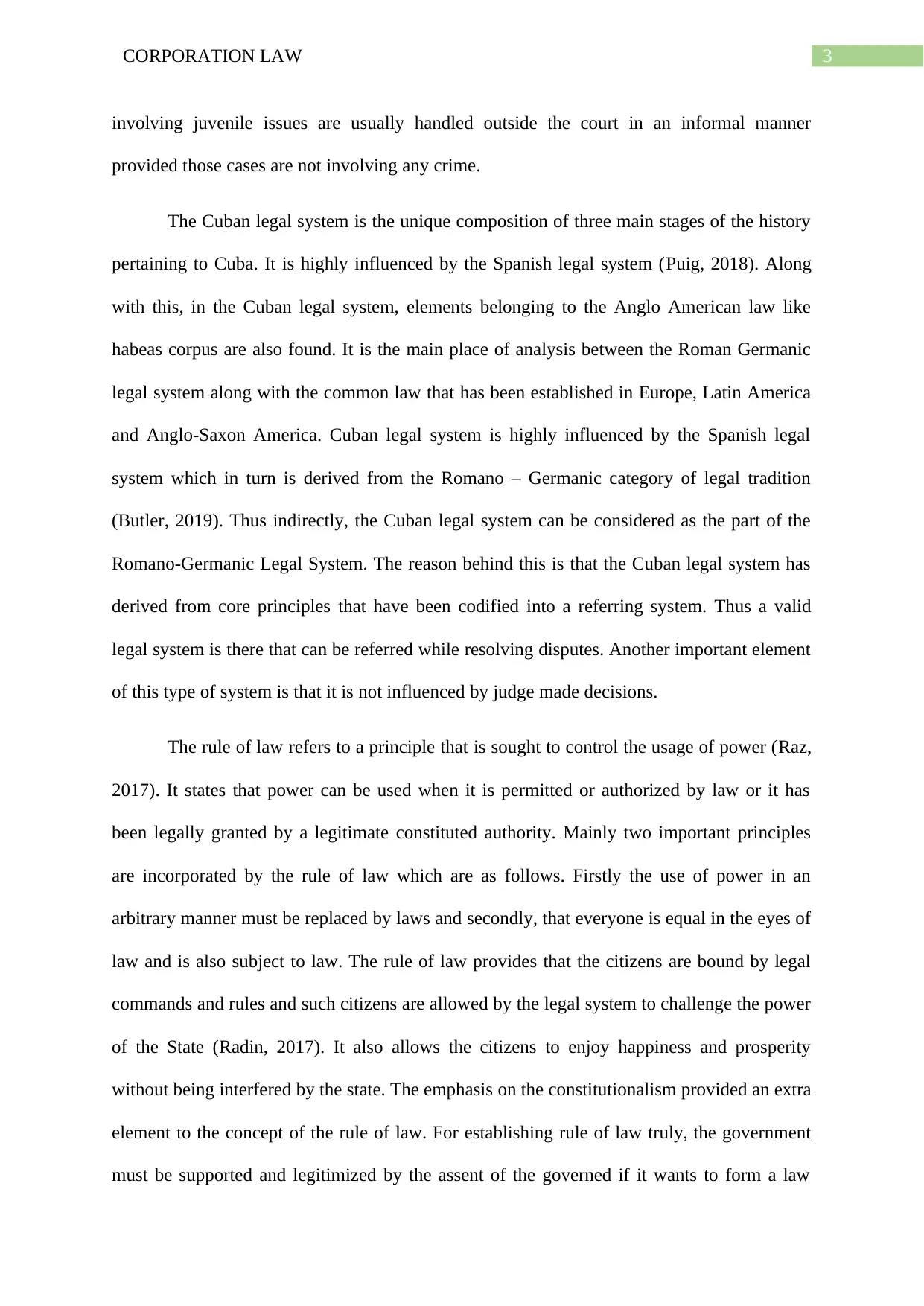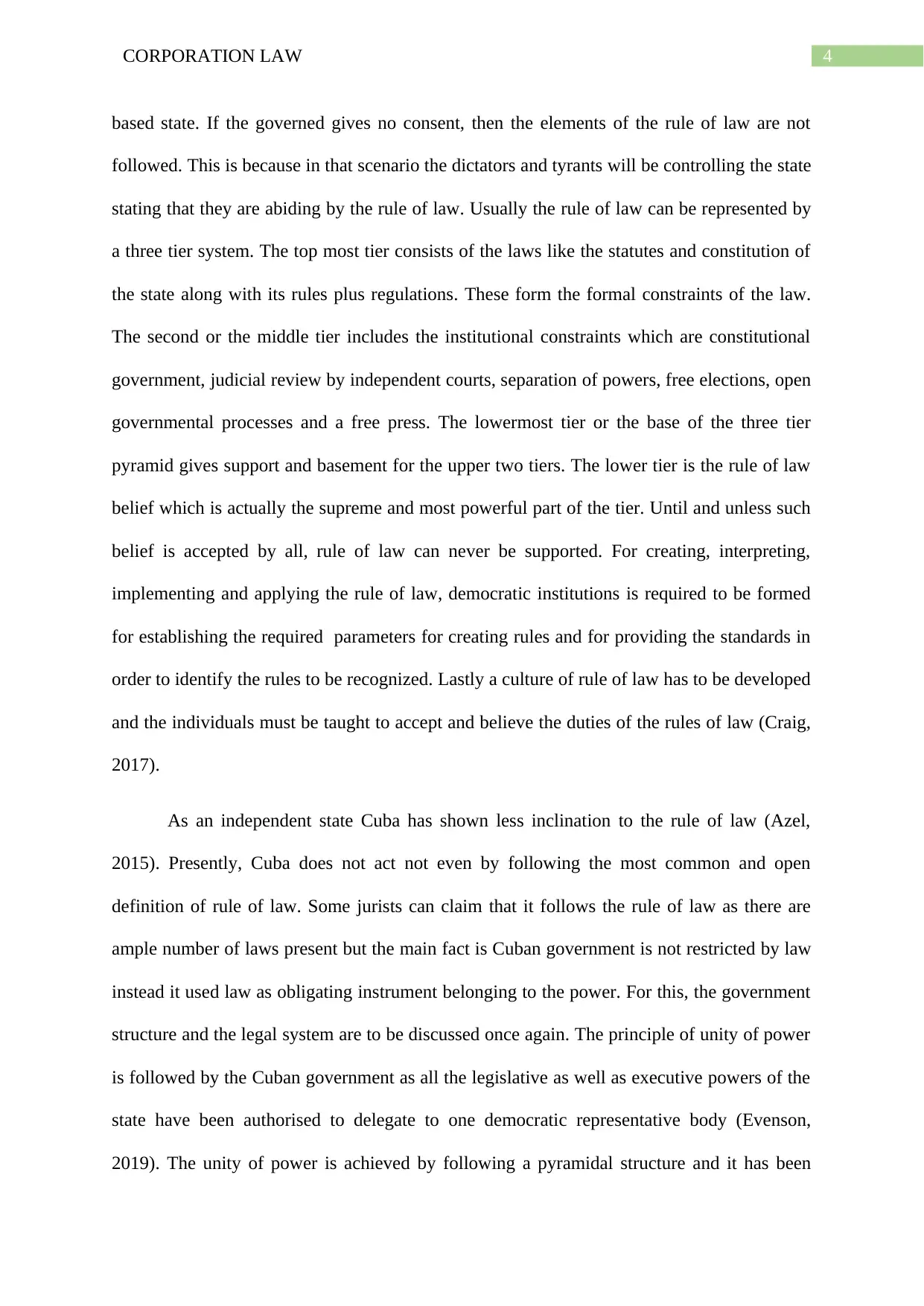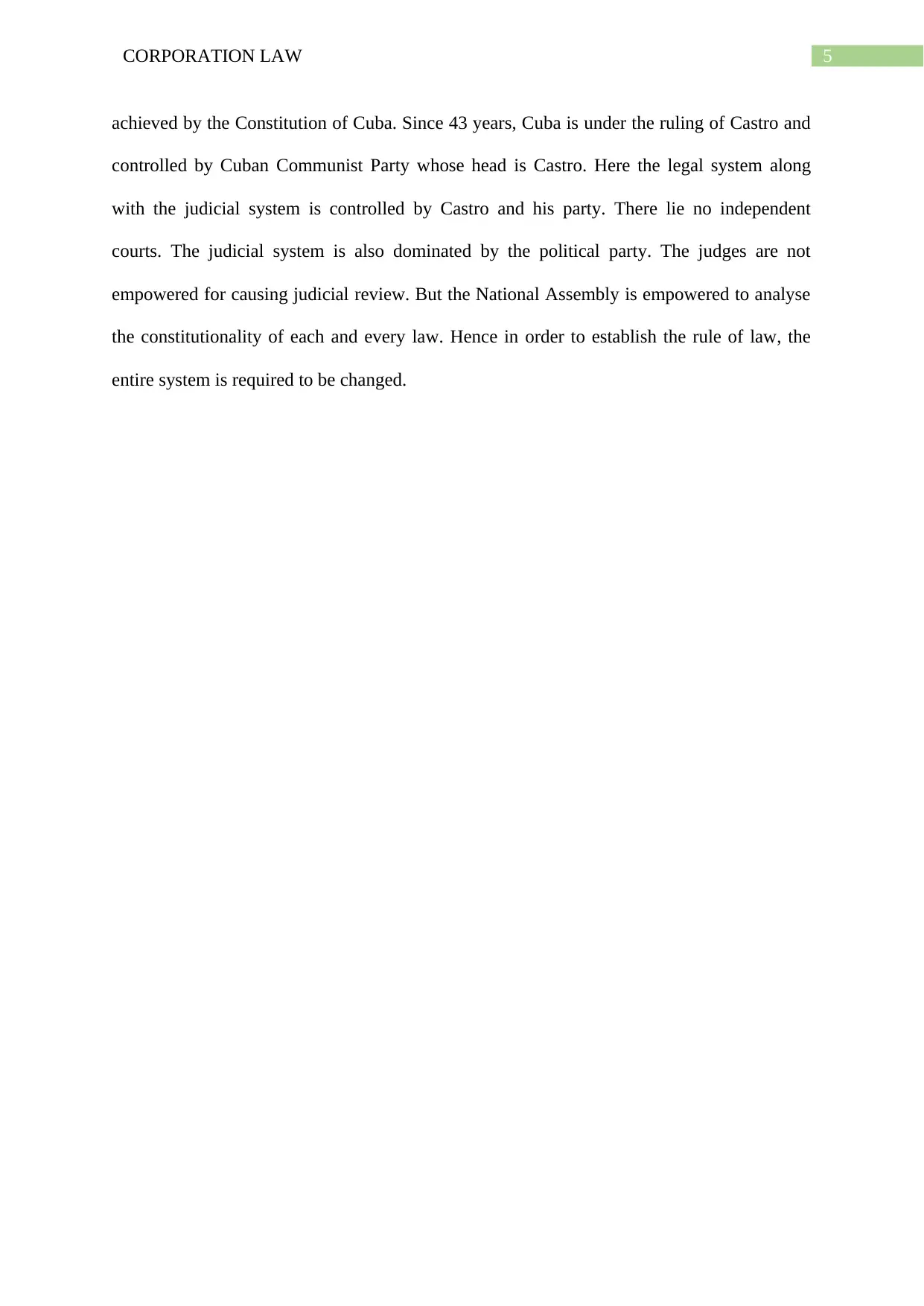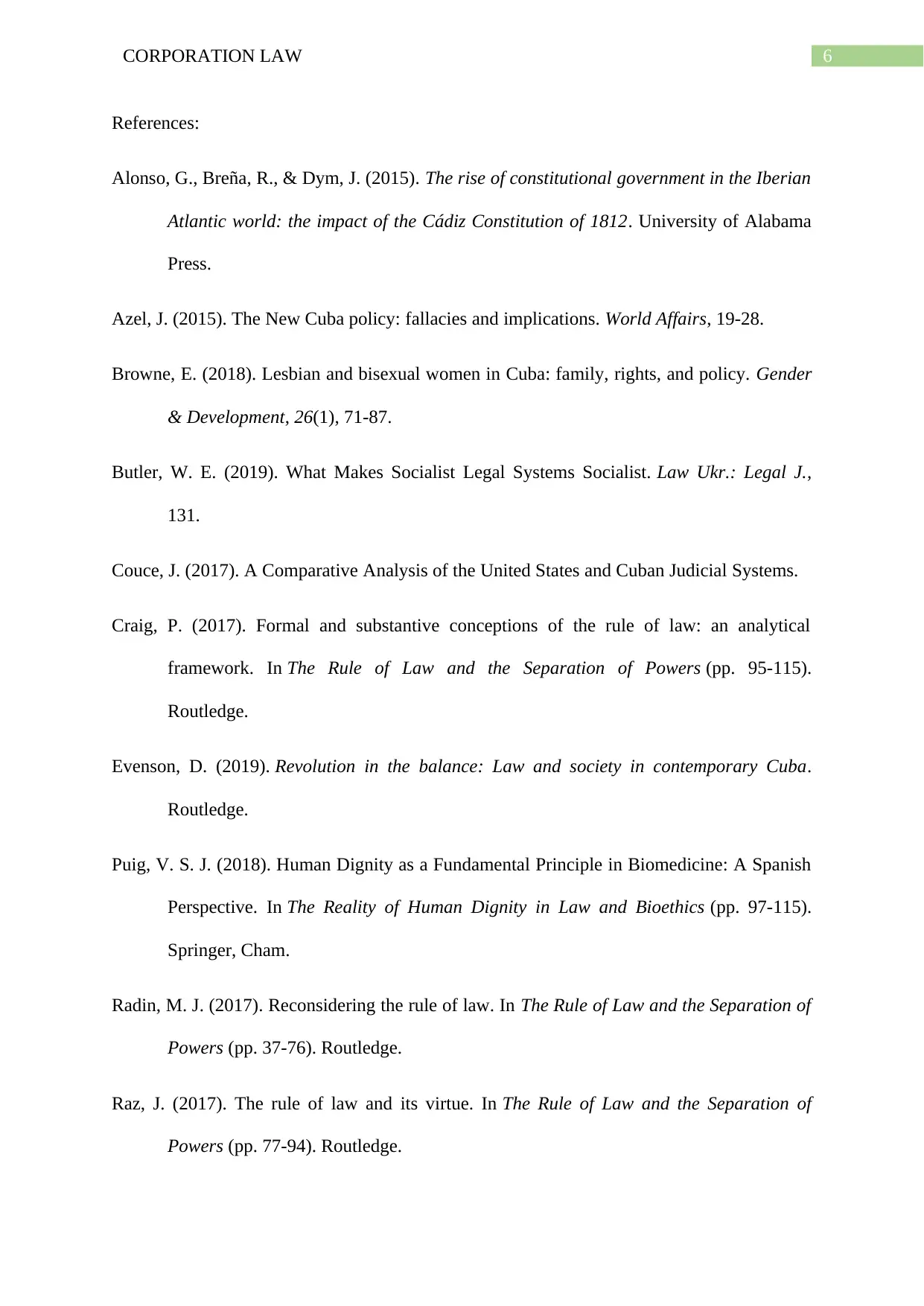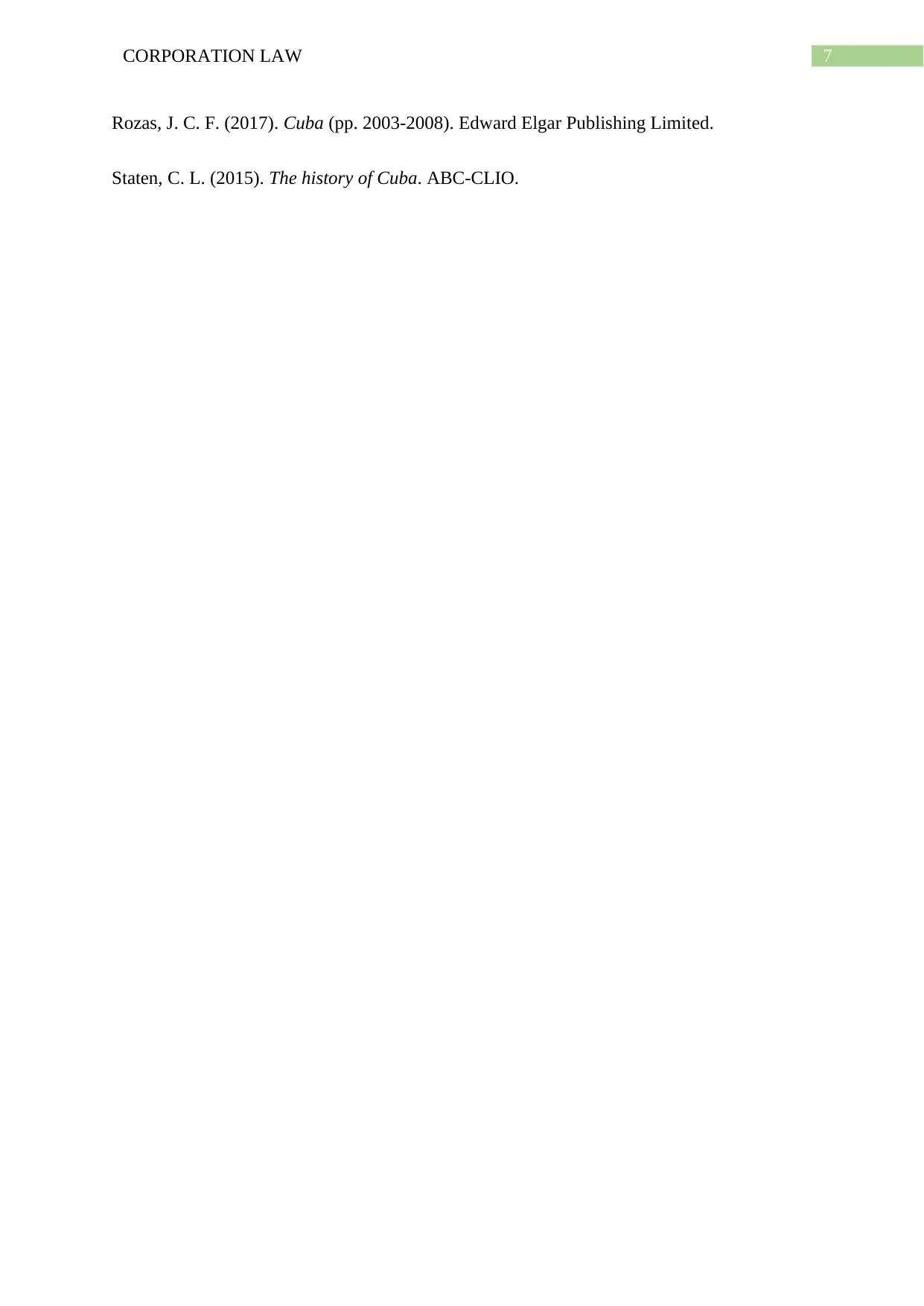Instructions 1. Students should choose one of the following countries: Japan, China, Vietnam, Brazil, Cuba, United Arab Emirates, Italy or Russia. 2. With respect to the country you have chosen, undertake research on the legal system of this country. Your research should: o detail the parliamentary system in this country o detail the sources of law in this country i.e. where does the law come from? o describe the court structure operating in this country categorise the legal system operating in this country i.e. is it Germanic- Romano, Anglo-American or the Islamic legal system. Explain why you have categorised the legal system in this way o explain the concept of the Rule of Law and detail the strength of the rule of law in this country 3. Prepare a 1500 MS Word document that details your Research Notes with appropriate referencing. 4. Deliver in person (class students) or by video (online students) an oral presentation of no more than 5 minutes that presents the research.
![[object Object]](/_next/static/media/star-bottom.7253800d.svg)
![[object Object]](/_next/static/media/star-bottom.7253800d.svg)
